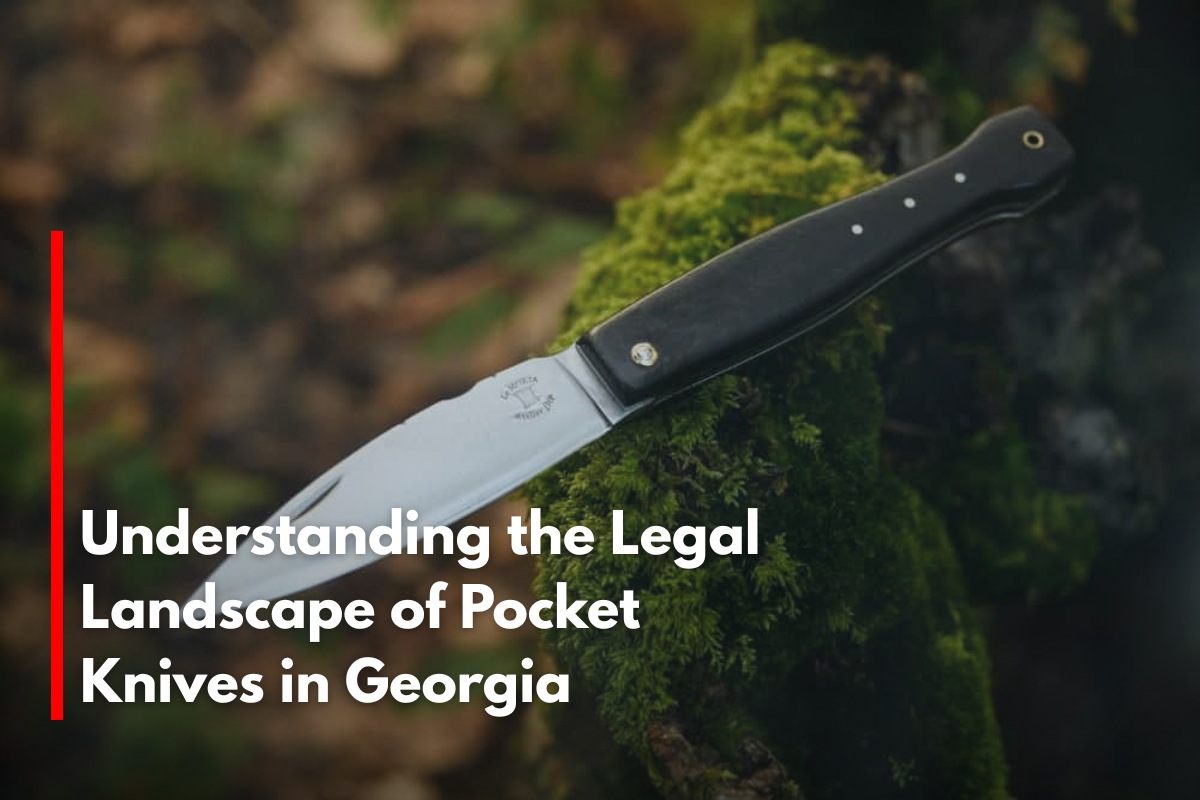Georgia’s pocket knife laws are among the clearest and most permissive in the United States, but there are specific rules and notable exceptions. If you live in Georgia or plan to visit with a trusty pocket knife in your pocket, here’s what you need to know as of 2025.
What’s Legal to Own and Carry?
Georgia permits ownership of virtually all types of knives, including pocket knives, butterfly (balisong) knives, switchblades, and Bowie knives. There are no “forbidden knives” under state law—meaning you can collect or carry a wide variety of edged implements without concern regarding the type itself.
Blade Length: The Crucial Detail
The defining line in Georgia’s law is blade length. If your pocket knife has a blade of 12 inches or less, you can legally carry it—openly or concealed—without a permit almost anywhere in the state. This applies to most common pocket knives and is unusually generous compared to many other states.
Should your knife’s blade exceed 12 inches, it is classified as a “weapon.” Carrying such a knife in public then requires a Georgia Weapons Carry License (WCL). Without this license, you can only keep knives longer than 12 inches at home, your business, or inside your vehicle.
Where Knives Are Restricted
Even legal pocket knives face restrictions in certain places. It is illegal to bring any knife—regardless of blade length—into the following locations:
Notably, schools are especially strict: on school grounds, any knife with a blade over two inches is prohibited, a rule that overrules the broader 12-inch general limit for pocket knives.
Carrying for Self-Defense
Georgia’s “Stand Your Ground” law applies to the use of knives for self-defense. You are legally allowed to use reasonable force—including a pocket knife—if you are where you have a lawful right to be and face an imminent threat. However, brandishing or using a knife excessively in any confrontation may result in criminal charges.
Permit Requirements and Local Law
No permit is required to carry a pocket knife with a blade 12 inches or shorter—openly or concealed.
For blades over 12 inches, obtaining a WCL involves an application, background check, and a fee through the county probate court. You must be at least 21 years old (or 18 if in the military), a legal U.S. resident, and must not have felony convictions or pending charges.
Georgia law preempts local knife regulations, ensuring a statewide uniform standard—cities and counties cannot enact stricter rules than those established by state law.
Penalties for Violations
Violating knife laws in Georgia can result in misdemeanor charges—such as carrying a blade over 12 inches without a license—or even felony charges for bringing knives to schools or government facilities. Penalties may include fines, jail time, or loss of certain rights following a felony conviction.
For most Georgians and visitors, carrying a pocket knife with a blade 12 inches or less is perfectly legal almost anywhere, but always use good judgment and respect restrictions in sensitive areas like schools or government buildings. When in doubt, especially if carrying a larger or unusual knife, consult the current state code or seek legal advice to ensure you remain on the right side of the law.
Sources
[1] https://www.couteaux-morta.com/en/georgia-knife-laws/
[2] https://www.carved.com/blogs/life-at-carved/pocket-knife-rules-laws-by-state
[3] https://tkellknives.com/knife-laws-in-georgia-a-comprehensive-guide-to-legal-carry/
[4] https://www.akti.org/state-knife-laws/georgia/
[5] https://www.tosahwi.com/blogs/georgia-knife-laws-a-comprehensive-guide-2025-updated











